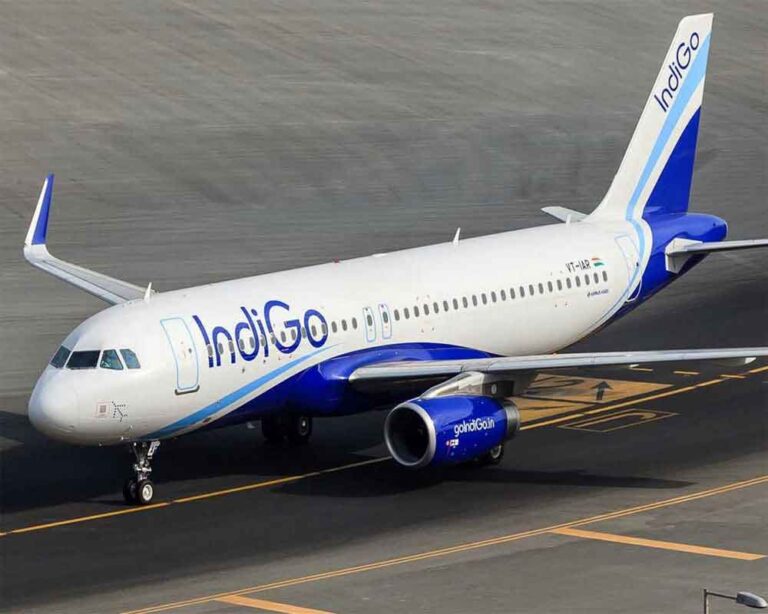For IndiGo, brokers have set price targets that range from Rs 3,500 to Rs 4,300, indicating a possible increase of 7–31% from the previous close.
UBS Securities increased its target price to Rs 4,000, or 2.5 percent, meaning that the stock is now valued at 11 times its estimated FY26 EV/EBITDA.
UBS’s forecasts are still optimistic despite taking into account rising petroleum prices and pilot pay because of better Available Seat Kilometer (ASK) growth and yields. The company did, however, point out a few possible positive risks to its short-term yield forecasts for IndiGo as well as medium-term capacity demand growth and profitability.
“We maintain our positive stance on IndiGo considering strong growth prospects of the Indian aviation industry, share gains in international travel, efficient cost structure and operational excellence.”
UBS
Due to InterGlobe Aviation’s favorable demand-supply ratio and good position (balance sheet, market share, management strength, and orderbook), ICICI Securities likewise has a positive opinion of the company.
IndiGo hopes to achieve early double-digit increase in capacity/passenger in FY25 after meeting all of its goals for FY24. ICICI Securities views this favorably in light of the effects of grounding.
A ‘buy’ call has been placed on the stock by the firm, with a price target of Rs 4,009.
IndiGo’s three-pronged expansion strategy—cheap fares, less cancellations, and on-time performance—also makes an impression on MOFSL. It also aims to invest in talent and improve the consumer experience.
MOFSL decided to keep its “neutral” rating on the company with a price objective of Rs 3,510 despite its continued optimism because it thinks the low-cost carrier will face a number of obstacles in the short- to medium-term.
